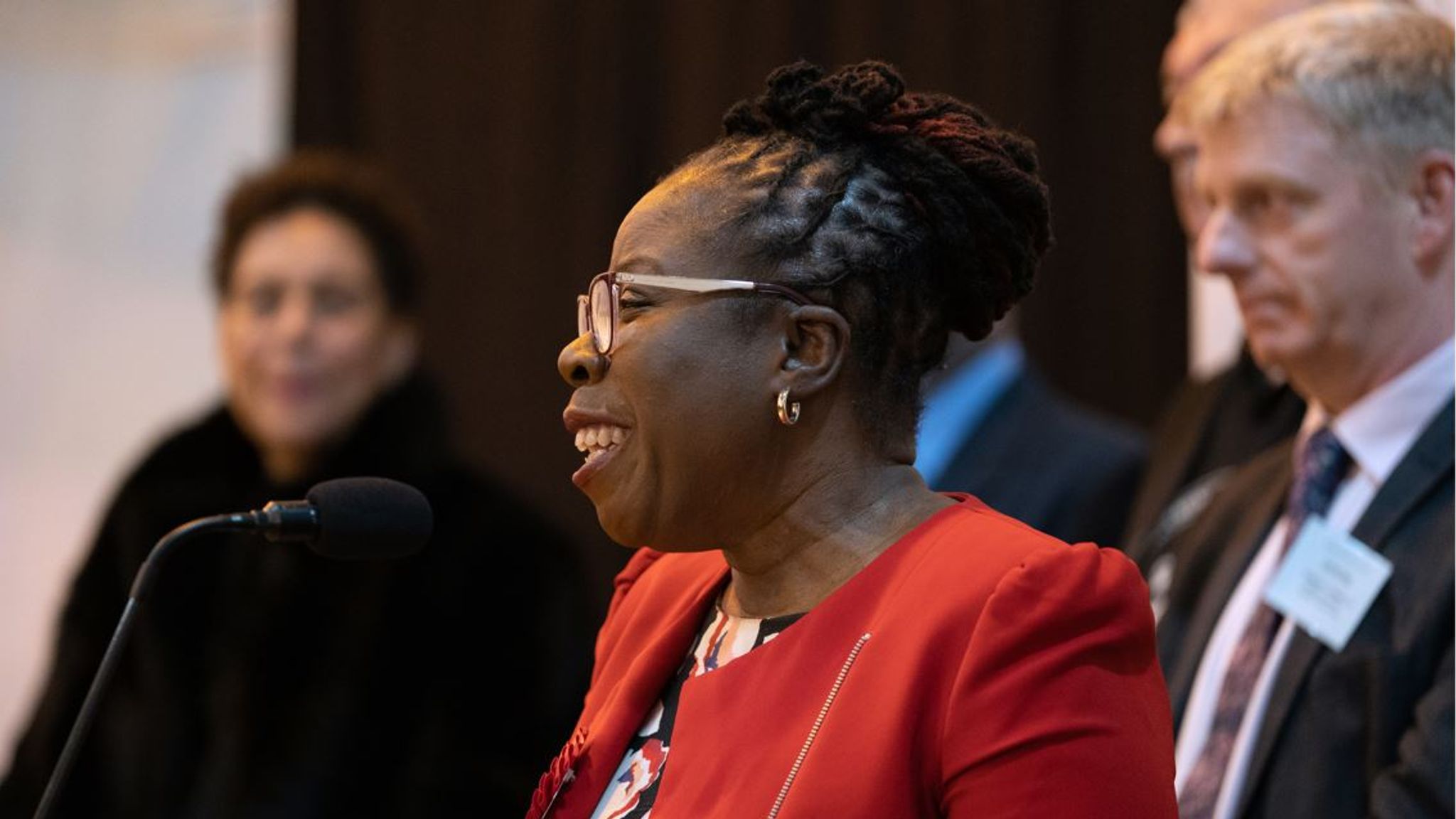LONDON (Parliament Politics Magazine) – Last week, PM was dealt yet another by-election setback as Labour’s Paulette Hamilton won the safe Birmingham Erdington seat with a small margin. Ms Hamilton received 9,413 votes, putting her in front of Conservative contender Robert Alden by 3,266 votes.
While the Conservatives were unable to repeat their victory from the Hartlepool by-election in 2021, Labour’s 4.5% swing shows that a recent MRP poll may have overestimated support for Sir Keir Starmer’s party.
According to a survey performed by JL Partners in January, when ‘partygate’ was on every headline of every news, the Tories were to lose up to 164 seats. On the other hand, Labour looked set for 150 gains.
About half the members of the Conservative Cabinet, including the PM, Transport Secretary Grant Shapps and Defence Secretary Ben Wallace were expected to lose their seats.
The poll also revealed that the Tories were in danger of losing the ‘Red Wall’ and facing electoral wipeout in Scotland and Wales.
Mr Johnson’s party would only be at a loss of 45 seats to Labour in case Sir Keir Starmer could only score a 4.5 percent swing in the next general election.
As a result, several senior Tory figures, including Vote Leave campaigner Theresa Villiers, former ERG chairman Steve Baker and former leader Iain Duncan Smith, would face the chop.
On a 4.5 percent swing, the Tories would still be the dominant party.
However, according to the recent MRP poll, the Liberal Democrats were only anticipated to make five net gains even when ‘partygate’ was the most important topic.
In recent weeks, Labour’s lead in opinion polls has also dwindled.
In a Redfield & Wilton Strategies poll done in early February, Sir Keir Starmer’s party was reported to be 10 points ahead, but the same pollster currently gives Labour a minuscule lead of just 3%.
By-elections, according to Chris Curtis, head of political polling at Opinium, are not always the ideal barometer for gauging public sentiment.
By-elections are inherently extremely strange, he explained, and there are a lot of local elements that influence them.
Mr Curtis pointed out that low turnout and local circumstances frequently make it difficult to apply by-election results to the national picture.
However, he added: “Having said that it was a lot lower swing than we had expected given what we were seeing in the national polls.”
“The Labour Party lead has certainly fallen back a bit, we are not seeing those nearly double-digit leads we were seeing for the party,” Curtis added, but even so, a poll on Monday placed them three points ahead, which is a 7.5 percent swing.
Mr Curtis also stated that he required more information before he could make a judgement on whether Mr Johnson had begun a new electoral comeback.
He also noted that since ‘partygate’ was supplanted as the dominating news story by other concerns, such as Ukraine, the PM had gained a boost.
Mr Johnson’s comeback might also be explained by focussing on real issues in Ukraine, according to ex-UKIP and Conservative MEP David Campbell-Bannerman.
“The momentous nature of the first big war in Europe since 1945, bigger than the Hungarian uprising or Czechoslovakian crushing, is sobering for all,” Mr Campbell-Bannerman told Express.co.uk.






